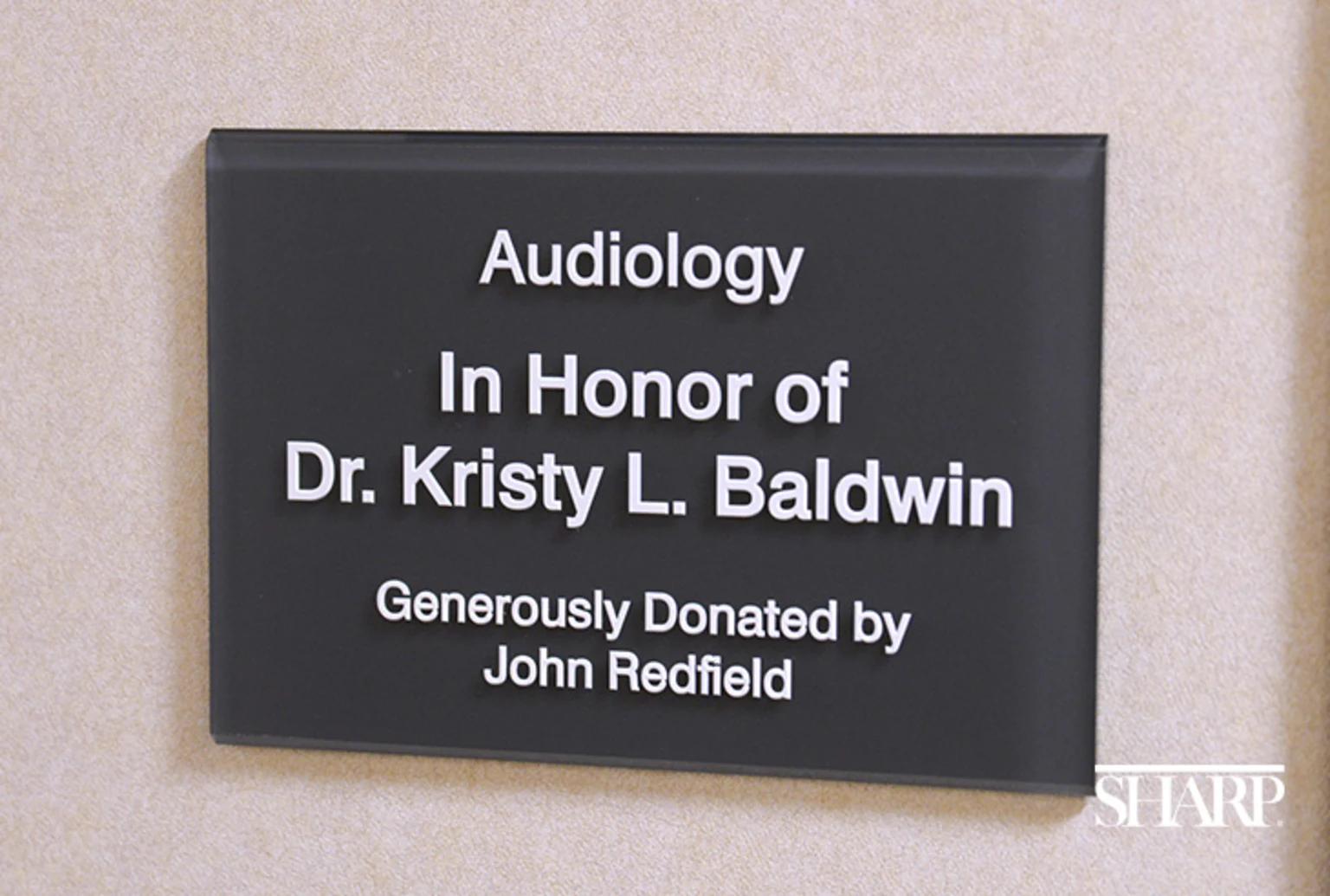
5 Medicare questions to ask before turning 65
Learn about your Medicare options, when to enroll, and how to find the plan that’s best for you.
When John Redfield was first treated for hearing loss, it was by none other than Sir Winston Churchill's personal audiologist. John, then serving in the North Atlantic Treaty Organization (NATO) staff in Norway with the U.S. Navy, was told by the doctor that he'd need hearing aids by the time he reached his 60s due to the damage he incurred during combat. She was spot on.
"Winston Churchill's audiologist told me I passed my hearing test," John recalls. "But then she told me, 'by the time you're 60, you're going to be wearing hearing aids.' And, sure enough, on my 60th birthday, I was getting hearing aids."
Over the years, John's hearing continued to worsen. By age 80, he had severe hearing loss and was told that he could no longer depend on normal hearing aids and would require a cochlear implant, a small electronic device that can help someone who is deaf or severely hard-of-hearing receive and process a sense of sound. It is comprised of two parts - one that sits behind the ear and another that is surgically implanted.
Unfortunately, John's wife was unwell at the time and, as her caregiver, he was unwilling to take time away from her for the surgery and recovery. Sadly, she died in 2014.
Restoring hearing lost during years of naval service
"After my wife passed away, I went to a presentation on cochlear implants featuring Dr. Holtel and Dr. Baldwin," John says. "I asked a number of questions and was pleased to hear they both had been doing the surgery for several years and had very good success."
The presenters, Dr. Michael Holtel, an otolaryngology — or ear, nose and throat (ENT) — doctor, and Dr. Kristy Baldwin, a clinical audiologist, both with Sharp Rees-Stealy Medical Group, encouraged John to have his hearing tested once again and be examined to see if he was a candidate for a cochlear implant.
Even though he was in his late 80s, John was deemed eligible for an implant after a variety of tests were performed. After decades of hearing difficulties, he moved forward with the surgery.
A successful surgery and special goal achieved
"You have to wait 12 days after the initial surgery before they add the outside portion of the cochlear implant," John says. "Once it was in position and turned on, it was instantaneous - I could hear."
Together, John and Dr. Baldwin worked on his hearing rehabilitation. They met often for Dr. Baldwin to adjust John's device and help him retrain his brain to hear with the implant.
"Mr. Redfield did extremely well after his surgery," Dr. Baldwin says. "He was always committed to the process of learning to hear with the implant, and we shared a few good books along the way, too."
According to Dr. Baldwin, one of John's goals was to be able to stream wirelessly from his new cellphone to the implant. This would allow him to hear his family on the East Coast during calls. John credits Dr. Baldwin for helping him regain 95% of his hearing and reach this goal.
Mutual admiration leads to audiology donation
"I can't tell you how pleased I am with Dr. Baldwin," he says. "It's almost beyond description. I think she's a very good audiologist and a wonderfully kind and sensitive person."
The feeling is mutual. Dr. Baldwin calls John a "gem of a gentleman."
She was especially touched by his desire to support the audiology department through a donation that allowed them to purchase two pieces of vestibular equipment used to evaluate hearing function. The tests determine if there is damage to the vestibular portion of the inner ear, which controls balance.

John Redfield honored Dr. Kristy Baldwin with a naming gift. John’s follow-up appointments will likely take place in the newly dedicated audiology room.
John had experienced dizziness in the past and underwent evaluation through the VA health system. In a conversation about the testing performed at the VA site, Dr. Baldwin mentioned to John that they didn't have the same balance-testing equipment at Sharp Rees-Stealy. John decided then and there he'd like to change that.
"This equipment will benefit many future patients," Dr. Baldwin says. "It will allow us to evaluate if the inner ear is the source of their dizziness problems to provide more effective means of treatment."
John's generosity also extended to naming the audiology room in Dr. Baldwin's honor. With regular checkups planned for every 6 months, John will likely be treated at times in the very room he sponsored.
"I've been thrilled with the Sharp system," John says. "It's been one good thing after another, and that's why I started contributing to the Sharp audiology program. And, as for Dr. Baldwin - I think she's marvelous."
Get the latest health and wellness news, trends and patient stories from Sharp Health News and subscribe to our weekly newsletter by clicking the "Sign up" link below.
The Sharp Health News Team are content authors who write and produce stories about Sharp HealthCare and its hospitals, clinics, medical groups and health plan.

Dr. Michael Holtel is an otolaryngology – or ear, nose and throat (ENT) – doctor, with Sharp Rees-Stealy Medical Group.

Dr. Kristy Baldwin is a clinical audiologist with Sharp Rees-Stealy Medical Centers.

Our weekly email brings you the latest health tips, recipes and stories.